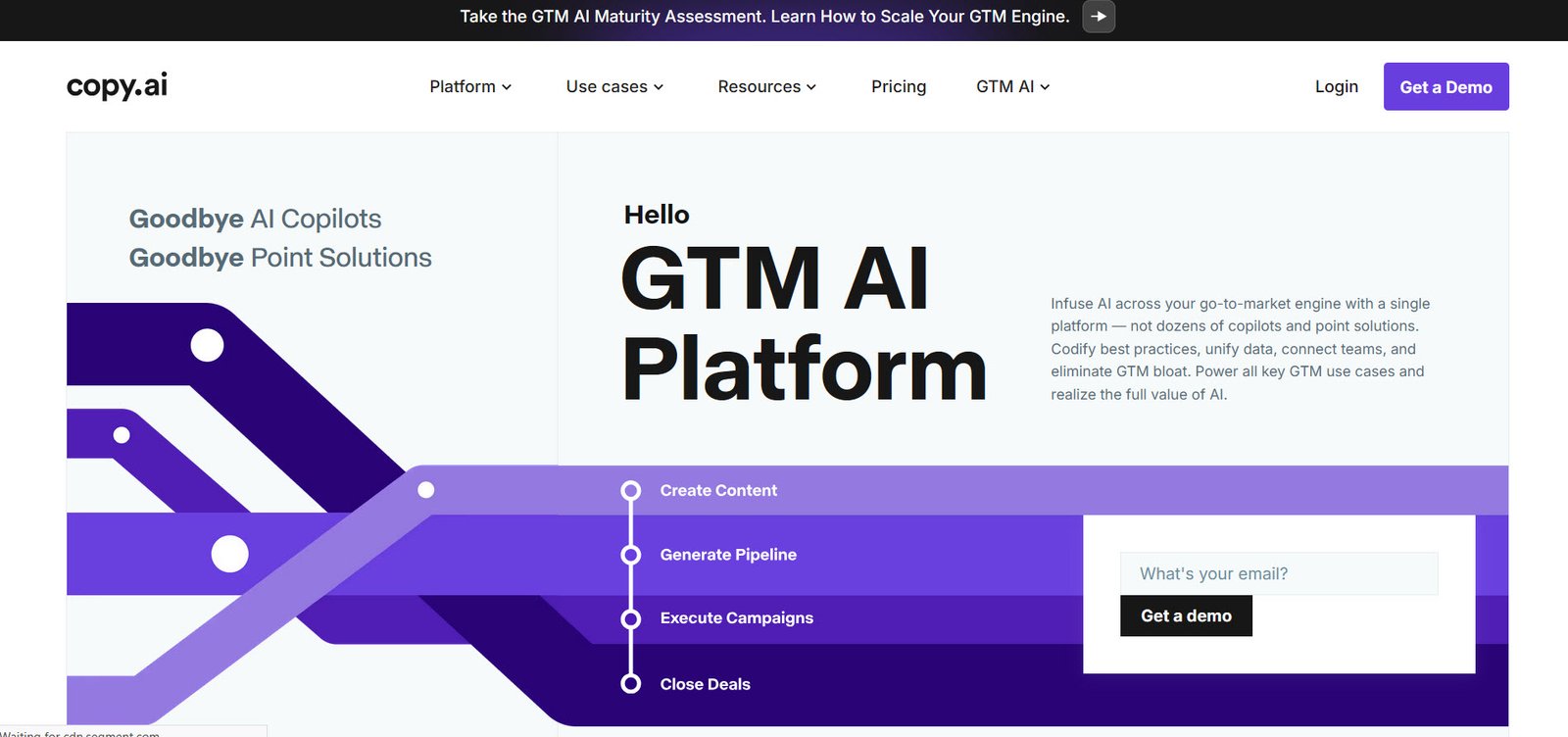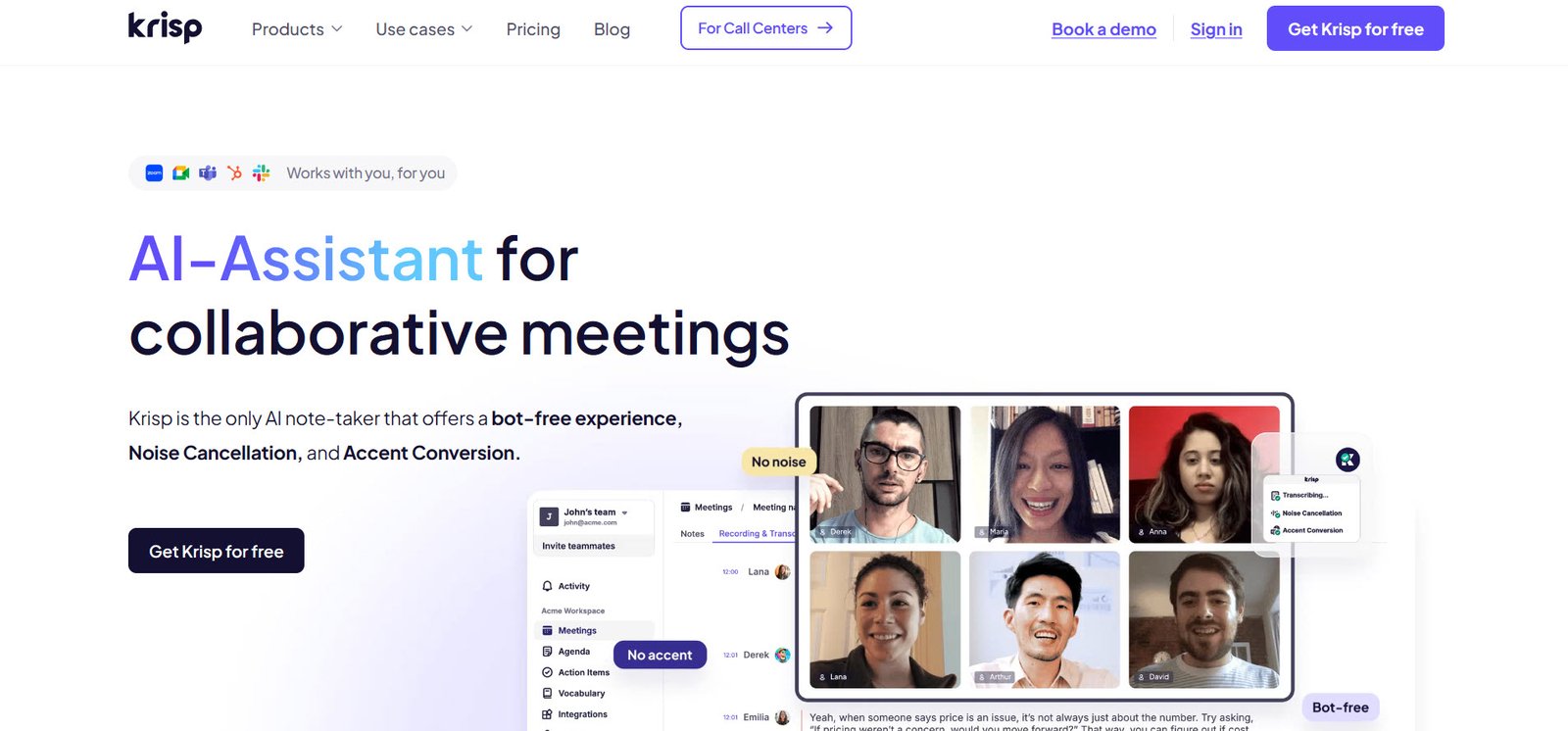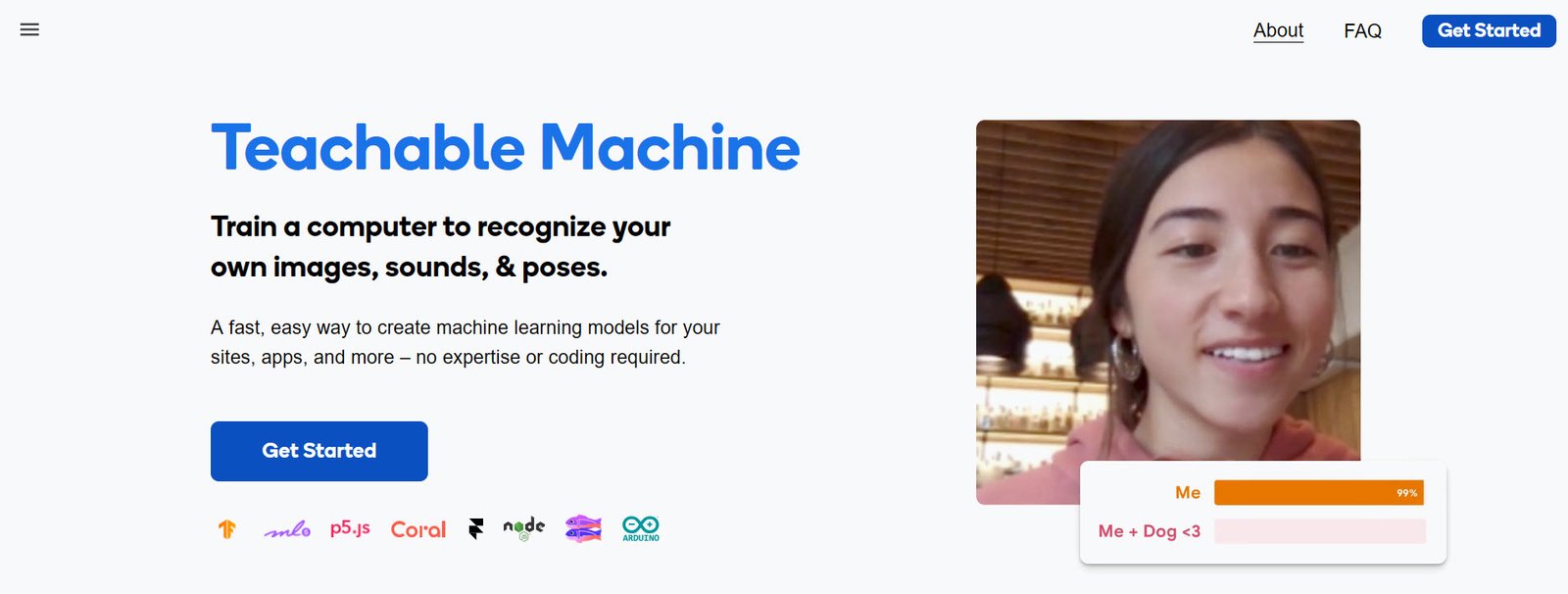Artificial Intelligence (AI) is no longer just a topic in science fiction. Today, it plays a big role in everyday life — from voice assistants like Alexa to recommendation engines on Netflix. For beginners, exploring AI can seem confusing or technical. But the good news is that many AI tools are designed with simplicity in mind, making it easy for anyone to get started.
In this guide, we’ll explore some of the best AI tools for beginners, covering what they do, how they work, and why they are useful. Whether you’re a student, entrepreneur, content creator, or just curious, this guide will help you take your first step into the world of AI.
- ChatGPT by OpenAI
- Canva’s AI Design Tools
- Copy.ai
- Notion AI
- Krisp.ai
- Durable.co
- Lumen5
- Quillbot
- Synthesia
- Teachable Machine by Google
1. ChatGPT by OpenAI
ChatGPT is a conversational AI tool that can answer questions, write essays, create code, and even brainstorm ideas.
Why it’s great for beginners:
- No coding skills needed
- Friendly and interactive
- Useful for learning, writing, and productivity
Use cases: Writing articles, solving math problems, generating content ideas, or learning new topics in a conversational format.

2. Canva’s AI Design Tools
Canva is a graphic design platform with built-in AI tools like Magic Write and image generators.
Why it’s beginner-friendly:
- Drag-and-drop interface
- No design experience required
- Offers templates, AI image creation, and content assistance
Use cases: Creating social media graphics, presentations, logos, posters, and AI-assisted written content.

3. Copy.ai
Copy.ai is an AI writing tool that helps create content for websites, blogs, ads, and more.
Why beginners like it:
- Easy to use
- Provides templates for various content types
- Saves time on writing tasks
Use cases: Writing product descriptions, blog introductions, emails, and social media posts.

4. Notion AI
Notion is a note-taking and workspace tool, and its AI features help users generate content, summaries, and ideas directly in their notes.
Why it’s useful for beginners:
- Combines productivity and AI
- Intuitive interface
- Helps with organizing tasks and documents
Use cases: Writing meeting notes, project planning, content outlines, and summaries.

5. Krisp.ai
Krisp is an AI-powered noise cancellation app that removes background noise during calls.
Why it’s good for starters:
- Simple setup
- Ideal for remote workers and students
- Improves call quality without complex settings
Use cases: Online meetings, Zoom calls, podcast recordings, and webinars.

6. Durable.co
Durable is an AI website builder that can create a simple website in under a minute.
Why it’s beginner-friendly:
- No coding or design needed
- Great for small businesses or personal portfolios
- Generates website content automatically
Use cases: Launching a quick business website, portfolio, or personal homepage with minimal effort.

7. Lumen5
Lumen5 turns text into video content using AI.
Why it’s good for beginners:
- Easy-to-use interface
- Converts blog posts or scripts into engaging videos
- Offers visual templates and music
Use cases: Social media videos, marketing content, YouTube intros, and educational clips.

8. Quillbot
Quillbot is an AI-based paraphrasing and grammar tool.
Why it’s useful for new users:
- Helps improve writing without much effort
- Great for rewriting essays, fixing grammar, or summarizing text
- Simple interface
Use cases: Academic writing, resume editing, content refinement, and translation assistance.

9. Synthesia
Synthesia is an AI video creator where avatars speak your script in different languages and accents.
Why beginners love it:
- No camera or mic required
- Easy to create professional videos
- Good for corporate, educational, and training purposes
Use cases: Tutorials, presentations, training videos, and global communication.

10. Teachable Machine by Google
Teachable Machine is a web-based tool by Google that lets you train machine learning models without any coding.
Why it’s great for learners:
- Visual and interactive
- Teaches basics of how AI “learns” from data
- Encourages experimentation
Use cases: Learning ML concepts, creating custom models for school projects, and testing image/audio recognition ideas.

Final Thoughts
AI is becoming a helpful assistant in many areas of life, not just for tech experts. From writing and designing to making websites and videos, there are plenty of easy-to-use tools that make AI accessible to everyone.
As a beginner, the best way to learn is by doing. Pick one or two tools from this list and explore them. The more you use AI, the more confident you’ll become in understanding how it can support your goals — whether for work, study, or fun.




Pingback: Top 10 AI Tools for Digital Marketers and Content Creators - TopatTop.com